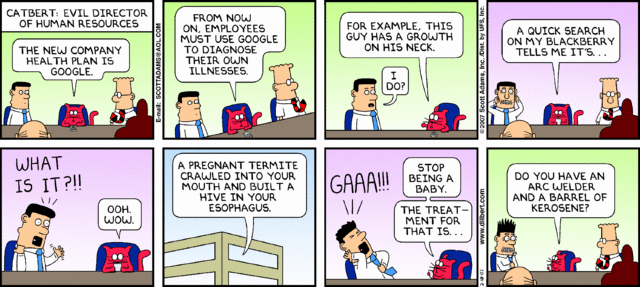This just in: group feedback isn’t the best tool in your performance management toolbox…
I was running through some old emails the other day and found an example I had to share. Several years ago I was working as a high school wrestling referee. It was definitely a tough job, but I learned some good stuff from the experiences (not getting overwhelmed when someone’s screaming in your face is an amazing skill).
One of the quirks of the job was that you’d get an anonymous/random evaluation on your performance once or twice a year. I never once received any specific, personal feedback on how I was doing other than informally from my peers. However, occasionally, the reviewer would send out group feedback notes like the ones below…
Overall the officiating has been good. Your hustle and positioning has been generally good. There are some opportunities for improvement. Stalling is still a problem. We need to get more aggressive in calling stalling to eliminate that from the sport. With tournaments coming up at several places, remember that it is your responsibility to ensure the restricted areas of the mat are clearly marked. Also remember that only two people are allowed in the corner and they are supposed to be seated in the chairs. Over the next three weeks, I will be looking closely at how you have responded to my comments from previous evaluation and in determining who should be recommended for the post season. We have several candidates in you Association. This is your time to convince me that you are the one who deserves to be selected.
Let’s imagine for a moment that this was a performance evaluation provided to you and your team on your collective performance. How motivated and engaged would you feel if someone sent you this group feedback in an email along with twenty of your coworkers?
Yeah, I had that same reaction.
I just wanted to share as a little reminder that despite all we know about leadership and effective talent management, there are still managers that need help doing the job of managing people. Wow.
 Congratulations! You’ve picked a development goal for yourself. It’s big, but that’s okay, because the important thing is that you’re focusing on your development and setting goals for yourself. Now let’s sit back, relax, and enjoy the happy feelings associated with setting a personal goal.
Congratulations! You’ve picked a development goal for yourself. It’s big, but that’s okay, because the important thing is that you’re focusing on your development and setting goals for yourself. Now let’s sit back, relax, and enjoy the happy feelings associated with setting a personal goal.